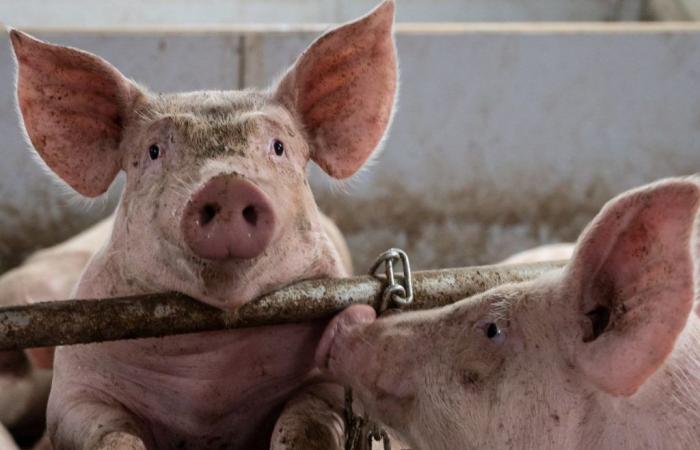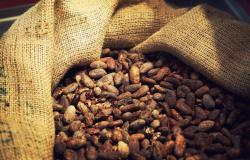Read alsoWhat are the challenges of the Chinese president’s visit to France?
More recently, Chinese authorities announced at the end of 2023 that they were opening an official investigation into suspected dumping of wine spirits, such as cognac, imported from the European Union. An investigation following, explains Beijing, the complaint filed by the Chinese Liquor Association. Still in progress, this should take place until the beginning of 2025.
The Chinese method is gentler than the American method which is not burdened with pretenses. The largest cognac producing groups were summoned by the Chinese administration and asked to explain themselves. Some companies that had not been summoned also requested an audience with Chinese officials. None of them of course dared to complain because the stakes are considerable, cognac being a product widely exported to the Middle Kingdom, its largest market with 50% of sales. Cognac represents 70,000 direct and indirect jobs and generated 3.35 billion euros in exports last year.
A commercial ping-pong
The announcement of the opening of an investigation into the pork market, known since Monday June 17, is of the same order. It is seen, like the ongoing investigation into cognacs, as a response to the increase in customs duties envisaged by the European Commission on Chinese electric vehicles and which France supports. Beijing then immediately denounced “purely protectionist behavior” by Europeans, via a press release from the Ministry of Commerce. And China warned that it would take “all measures to firmly defend its legitimate rights”.
Read alsoGiscard’s standoff against Fosun at Club Med
“We are caught in the response of the shepherd to the shepherdess,” laments Philippe Bizien, the president of Inaporc, the professional organization of French pork producers. We deplore being involved in a trade war even though we have satisfactory sales in China, mainly of poorly valued parts here, such as feet, heads, tails, ears. And we have obtained approval to also sell what we call white offal, that is to say the intestines and stomachs. »
Running out of investments
The French sector, 60% located in Brittany and the Great West of France, which massively exported its pork in the past, must today reckon with competition from German, Spanish and Danish farms in particular, as well as with the considerable development of Chinese farms which today produce half of the planet’s pigs, i.e. 250 million heads.
Read alsoWho is this economist who whispers in Xi Jinping’s ear?
For French breeders, therefore, once again difficult choices arise. Should they invest in their means of production, by expanding them? Because French farms, with 220 sows on average, are smaller than those of our neighbors, which increases costs and limits investments in quality and animal welfare. The average for Spanish farms is 2,500 animals, 500 to 600 in Denmark. However, this is without taking into account the agricultural orientation law which was to limit and regulate the appeals filed by environmentalist associations against the expansion of livestock farms, but which was stopped due to the dissolution of the National Assembly. Another historical development is that France is no longer self-sufficient in its pork consumption. For the first time in 2024, the French pork consumption rate will be below 100%. It is 50% for poultry. Professionals also point out the difficulties in investing in the means of production and the aging of breeders, the vast majority of whom are over 55 years old and struggle to transfer businesses that they have not been able to modernize.
Ultimately the Chinese investigation, although it is not at all pleasant of course, could perhaps have the effect of forcing the public authorities to think about the model they wish to give to pig farming in the future.






